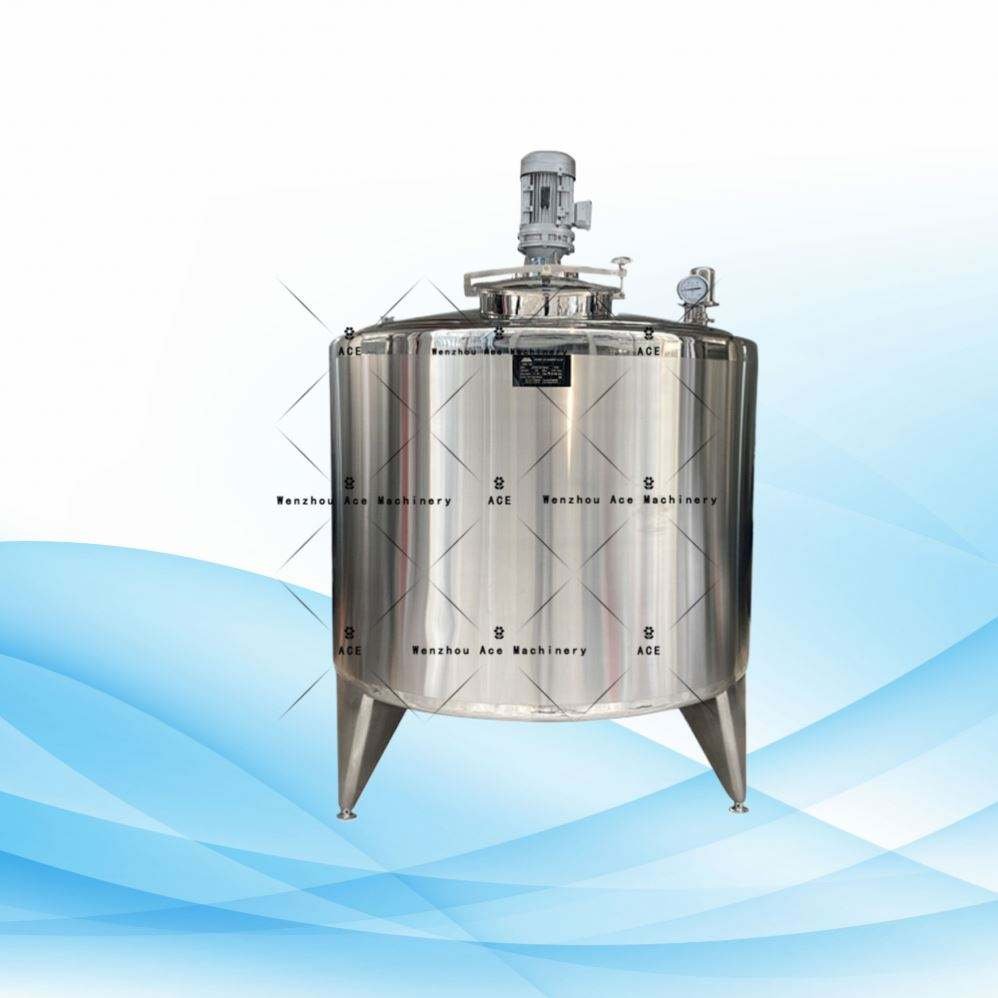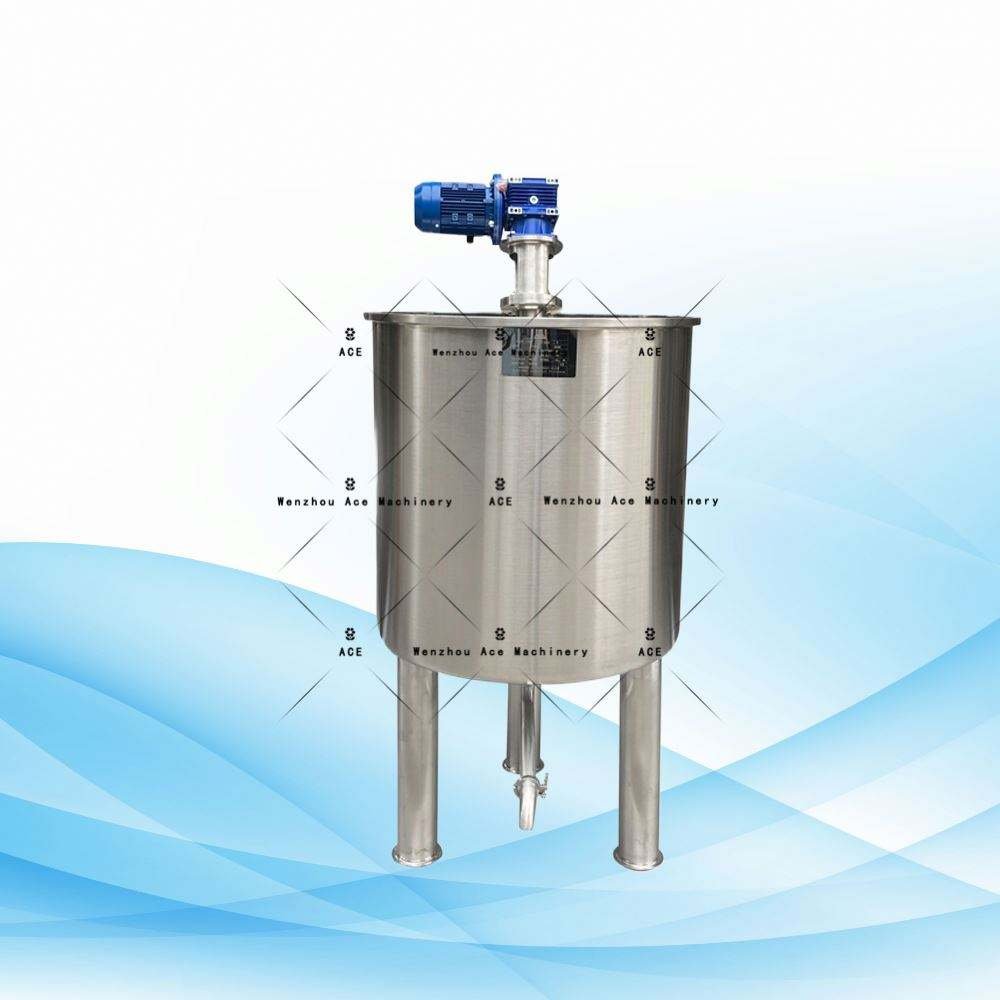So, ever considered how olive oil might just be a distant cousin to fruit juice? I mean, olives are technically fruits, so the comparison isn’t completely off mark. Olive oil has been a staple for eons, though most of us don’t splash it around every single day. Beyond our kitchens, this liquid gold works wonders on our skin, hair, and can even soothe a sore throat or help with minor cuts.
Though it resembles your morning OJ, this green marvel packs a lot more punch in terms of nutrition. Regularly using olive oil isn’t just trendy; it’s genuinely healthy.
Olive Oil Benefits on Health
Prevents Heart Diseases
According to the World Health Organization, heart disease is the leading cause of death worldwide. However, it’s less common in Mediterranean regions. Why? A lot of it boils down to the Mediterranean diet, which leans heavily on extra virgin olive oil. Despite some debate among researchers, this diet is praised for reducing heart disease risk.
Back in 2018, a study pointed out that olive oil might help reduce inflammation and boost HDL cholesterol. It’s intriguing how other plant oils don’t seem to budge blood lipids quite as much. In 2022, a meta-analysis found that 10 grams of olive oil daily didn’t affect blood lipids either.
But there’s more. Olive oil might also help lower blood pressure, a big-time risk factor for heart-related issues and premature death. If heart disease runs in your family, adding extra virgin olive oil to your diet might just be worth considering.
High Antioxidant Content
Sure, extra virgin olive oil brings low vitamin levels to the table, like 13% of your daily vitamin E needs and 7% of vitamin K in just a tablespoon. But what makes it shine are the antioxidants, working hard to fend off chronic issues like those impacting the nervous system and heart.
Antioxidants are heroes when it comes to reducing inflammation and keeping your blood cholesterol from oxidizing, ultimately a win for cardiovascular health.
Healthy Monounsaturated Fatty Acids
Let’s talk about the olive tree’s gift: olive oil. Naturally sourced, this oil comprises 13.8% saturated fat and 10.5% polyunsaturated fat, packed with omega-3 and omega-6 fatty acids. But the star of the show is oleic acid, a monounsaturated fat making up 71% of olive oil. Research suggests oleic acid might just help reduce oxidative stress and inflammation while playing nice with genes related to cancer.
With its monounsaturated fat and supreme heat resistance, extra virgin olive oil is your go-to for healthy, tasty cooking.
Lower Stroke Risk
Strokes, caused by blood clots or bleeding that blocks brain blood vessels, are the world’s second leading cause of death, per WHO. Olive oil’s relationship with stroke risk has sparked plenty of research. Take a 2014 study with over 800,000 participants that found olive oil as the only monounsaturated fat linked to a lower risk of heart disease and strokes. However, not all research agrees. A 2020 review found no direct link between olive oil intake and stroke risk. When in doubt, chat with your health care provider about your stroke risk, and they might suggest lifestyle adjustments.
High Anti-Inflammatory Qualities
Chronic inflammation might be at the heart of conditions like obesity, cancer, arthritis, heart disease, type 2 diabetes, Alzheimer’s, and metabolic syndrome. One of olive oil’s key benefits might lie in tamping down inflammation.
Antioxidants, like oleocanthal, play a starring role here, with effects similar to the anti-inflammatory drug ibuprofen. Oleic acid is a main fatty acid component in olive oil, possibly helping to lower C-reactive protein and other inflammation indicators.
Antibacterial
Olive oil doesn’t just stop at antioxidants; it’s got antimicrobial chops too. Take Helicobacter pylori (H. pylori), a stomach bacterium that could lead to ulcers or even stomach cancer. Some animal studies indicate that extra virgin olive oil might act against this bacterium. Yet, more human studies are needed to fully understand olive oil’s antibacterial potential.
Do Not Cause Overweight
Given their calorie density, fats can easily lead to weight gain if overconsumed. However, several studies highlight how a Mediterranean diet rich in olive oil supports weight loss. A 2018 study asserted that diets high in olive oil encouraged more weight loss than those low in it. Keep in mind, moderation is key since any overconsumption can tip the scales.
Lower Type 2 Diabetes Chances
Research backs olive oil’s role in staving off type 2 diabetes. A 2019 study showed prediabetics consuming 55 mL of olive oil and oleanolic acid daily halved their diabetes risk compared to a placebo group. Meta-analyses from 2017 highlighted significant reductions in fasting blood sugar levels among type 2 diabetics supplementing with olive oil.
Combat Alzheimer’s
Alzheimer’s and other neurodegenerative diseases are pressing concerns. Beta-amyloid plaques in the brain mark Alzheimer’s, resulting in memory loss and cognitive decline. By 2024, researchers found olive oil might reduce Alzheimer’s risk and cognitive decline by tackling neuroinflammation, oxidative stress, and beta-amyloid buildup. Yet, more studies must explore olive oil’s effect on Alzheimer’s.
Antioxidants Fight Cancer
The WHO notes cancer is among the world’s leading killers. Mediterranean regions, known for lower cancer rates, might owe some of that to olive oil’s inclusion in their traditional diet. A 2022 study found a 31% reduced cancer risk in high olive oil consumers. Thanks to antioxidants in olive oil, the damage caused by free radicals, significant cancer contributors, may be lessened. Even though hopes are high, more research is needed to understand the link between olive oil and cancer risk reduction.
Helps Rheumatoid Arthritis
This inflammatory condition, rheumatoid arthritis, brings painful joints and deformities. While the exact cause remains unknown, it involves the immune system targeting healthy cells. In 2023, research indicated olive oil could lower inflammation and disease severity in RA patients—especially active ones—by reducing C-reactive protein, an inflammation-associated substance. Though promising, more evidence is necessary to confirm olive oil’s full potential in managing RA. When dealing with RA, always consult your physician for advice.
Olive Oil Types
The nutritional profile of olive oils varies across types and they all have unique benefits. Differences arise due to varying levels of polyphenols—chemicals with antioxidant and anti-inflammatory prowess—and other beneficial compounds.
Extra virgin olive oil (EVOO) has an edge in antioxidants and polyphenols due to minimal processing. Other varieties, despite undergoing more procedures, lose valuable antioxidants and polyphenols.
Virgin olive oil (VOO) undergoes less processing than EVOO. While it retains a lot of these beneficial compounds, it lacks the punch of extra virgin. Taste-wise, it’s also milder.
Refined, light, and pure olive oils go through more processing, resulting in a less potent yet milder option.
Oil Consumption Guideline
Your ideal daily oil consumption depends on specific factors like sex, age, and activity levels. For a standard 2,000-calorie diet, the 2020–2025 dietary guidelines suggest roughly 27 grams (just under 2 tablespoons) of added oils daily.
How to Include Olive Oil in Your Food
Want to enjoy olive oil’s health perks? Here’s your game plan:
- Use it in your cooking. Extra virgin olive oil shines at lower heat, whereas refined versions cling onto their integrity at higher temperatures. Save your premium EVOO as a finishing touch to preserve its flavor and nutrients.
- Infuse your salad with olive oil, mustard, and balsamic vinegar for a simple yet delightful dressing.
- Toss roasted vegetables in olive oil for a healthy, delicious side dish.
A Bottle of Extra Virgin Olive Oil is a Must-Have
Paired against olive oil, extra virgin olive oil stands as a superior health choice. It maintains nutrient-rich components from olives, which refined oils largely lose. Always scrutinize the label before purchasing, since many refined oils labeled “extra virgin” may actually be blends.
Olive Oil FAQs
1. Is it okay to have a teaspoon of olive oil daily?
Studies suggest that incorporating just half a tablespoon of olive oil into your daily menu could be a simple yet effective way to lower cardiovascular disease and heart attack risks.
2. How much olive oil should I consume daily?
While there’s no definitive rule, having at least half a tablespoon daily may reduce the likelihood of certain lingering illnesses.
3. Does olive oil help with belly fat reduction?
Diets rich in olive oil might aid in weight management and potentially reduce fat. But remember that oil is calorically dense, so it’s wise to replace other fats in your diet with olive oil and practice moderation for best results.
4. What are the benefits of olive oil?
Olive oil boasts anti-inflammatory, antioxidant, and healthy fat attributes that help fend off chronic diseases.
Summary
Olive oil, derived from the fruit itself, is a potent source of monounsaturated fatty acids. These fatty acids seem to carry anti-inflammatory and cholesterol-lowering abilities. With extra virgin olive oil being a pantry mainstay, its potential health perks cover a range of common health concerns, from diabetes to high blood pressure to heart disease. Olive oil’s arsenal of antioxidants, along with its healthy fats and anti-inflammatory prowess, extend its health boost potential.
This unmatched blend of benefits could help reduce atherosclerotic plaque and shield your body from harmful substances linked to long-term vulnerabilities, like cancer, cognitive decline, autoimmune disorders, and heart issues.
Rich in oleacein, oleocanthal, and vitamin E, extra virgin olive oil is surging with heart-friendly fats. Plus, it pairs seamlessly with a rainbow of foods and flavors—think sautéed veggies, baked goods, salad dressings, stir-fries, the list goes on.






